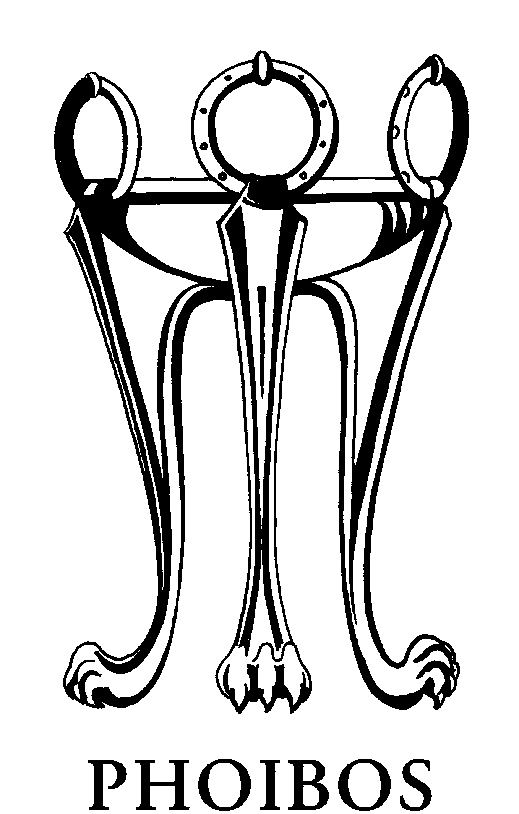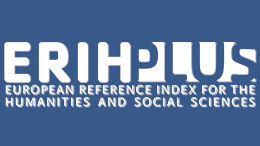ISSN: 2149-505X
E-ISSN: 3062-2506
DOI: 10.36991/PHILIA
Publisher: Prof. Dr. Mustafa ADAK
Submissions
Submission Preparation Checklist
All submissions must meet the following requirements.
- This submission has not been previously published, nor has it been before another journal for consideration.
- All references have been checked for accuracy and completeness.
- All tables and figures have been numbered and labelled.
- Permission has been obtained to publish all photos, datasets and other material provided with this submission.
- The submitted article must have not been published (printed or e-publication) before, or has not been submitted to another journal or book and is not being evaluated within the publication process. Any images in the article should be in .jpeg or .tiff format with not less than 300 dpi of resolution.
- At the beginning of the article, there should be an abstract in written language, consisting of 100 to 200 words. A list of keywords (from 4 to 6 words) should be added to the end of the abstract.
- Each article should contain also a Turkish abstract with keywords (from 4 to 6 words) at the end of the article after Abbreviated Literature. However, this rule does not apply to non-native speakers and our translation office will include the Turkish abstract free of charge.
- The submission form wholly requires the author(s)’ name, surname, academic title, institution, address, e-mail, telephone number, and ORCID (for a new account visit the official website of ORCID). Within the scope of the studies carried out with cooperation between TÜBİTAK-ULAKBİM and YÖK, it has been decided that the authors should use the ORCID information which has international validity to prevent citation problems arising from the name or surname similarities in scientific studies of scientists and academicians.
- References used in the texts are basically cited as follows: “[Last Name] [year, [page(s)] [(if applicable) Pl./fig. no.)]”.
- In Abbreviated Literature References including the author(s)’ name, title, and place of print should be given in the written language of the article.
- Subtitles used in an article should be written in minuscules and in bold.
- The author(s) who ha(s/ve) several cited works published within the same year should have the reference marked a, b, c, etc. in both the footnotes and the Abbreviated Literature.
- Roman numerals are to be used when referring to centuries before and including the X century A.D. (IV century B.C., etc.). After the X. century A.D. Arabic numerals are to be used e.g. 14th century.
- Each article submitted for publication is initially examined by the editors of the journal. On the journal editors’ advice, each article is evaluated by at least two referees chosen by the editors as well. The final decision concerning publication is conveyed to the author(s) within two months following the submission of the article.
- The opinion(s) and contents of any article published in PHILIA remain the responsibility of the author(s), not of the journal.
The manuscripts should be written using the Template according to the Author Guidelines, Publication Ethics and Malpractice Statement, and Plagiarism Policy of the journal. Then you may send your paper with Assignment of Copyright Form.
Typing Rules
The text should be written in 10,5 point (9,5 point in footnotes) “IFAO-Grec Unicode” font for PC and Macintosh. For Ancient Greek letters or some other special types within the text or footnotes, please also use “IFAO-Grec Unicode” font. Footnotes should be placed at the foot of the page, with employing continuous numbering from the beginning to the end of an article. All necessary images for an article, such as photographs, drawings, maps, figures, etc., can be placed both within the main text body and at the end of the article (after Abbreviated Literature) employing continuous numbering.
For the abbreviations list of ancient authors and works use the list by Der Neue Pauly;
for Journal abbreviations: L'Année Philologique and CLAROS (http://www.dge.filol.csic.es/claros/cnc/2cnc3.htm);
for Corpora of inscriptions: Diccionario Griego-Español Project (http://dge.cchs.csic.es/lst/2lst3.htm);
for Papyri: Duke Papyrus Archive (http://scriptorium.lib.duke.edu/papyrus/texts/clist.html).
Article
Varsayılan bölüm politikası
Privacy Statement
PHILIA. International Journal of Ancient Mediterranean Studies is committed to protecting the privacy of its users, authors, reviewers, and readers in accordance with international standards on data protection and privacy, including the General Data Protection Regulation (GDPR).
The names, email addresses, institutional affiliations, and any other personal information provided by users on this journal website (https://philiajournal.com/) will be used exclusively for the stated purposes of this journal. These purposes include:
-
Editorial communication related to the submission, review, and publication process.
-
Management of user accounts and journal access rights.
-
Communication of important information about the journal’s activities, events, or updates (subject to user consent).
This data will not be made available for any other purpose or shared with any third party, except as required by applicable data protection regulations.
The processing of personal data is based on the explicit consent of the data subject, provided during registration or submission processes. Users may exercise their rights of access, rectification, deletion, limitation of processing, and objection at any time by contacting the Editorial Team via the journal’s contact page.
Cookies Policy
The PHILIA website uses cookies to enhance user experience, ensure proper website functionality, and collect anonymous statistical data about website traffic and usage patterns.
Cookies are small text files stored on the user's device that do not access or retrieve any personal data from the device, nor do they read cookies created by other websites.
Purpose of Using Cookies
Cookies used on this website serve the following purposes:
-
Recognizing returning users to offer a personalized browsing experience.
-
Improving the functionality and performance of the journal website.
-
Analyzing anonymous traffic data for website optimization.
Cookies used on this site fall into the following categories:
-
Necessary Cookies: Essential for the operation of the website and user account access.
-
Analytical Cookies: For statistical analysis of user interactions and site performance (non-personalized and anonymous).
-
Preference Cookies: For storing user-specific settings (such as language preferences).
User Control over Cookies
Users may configure their web browser to block cookies, delete existing cookies, or receive notifications prior to cookie storage. Please note that disabling cookies may limit certain features of the website, although core content and functionality will remain accessible.
By continuing to browse this site without changing your cookie settings, you agree to the use of cookies as described in this policy.
Data Security and Confidentiality
PHILIA guarantees that all data collected is handled with the highest level of confidentiality and security. No personal data will be transferred to third parties unless required by law or with the explicit consent of the data subject.
For any questions regarding this Privacy Policy or the management of personal data, users may contact the Editorial Team at:
info@philiajournal.com






